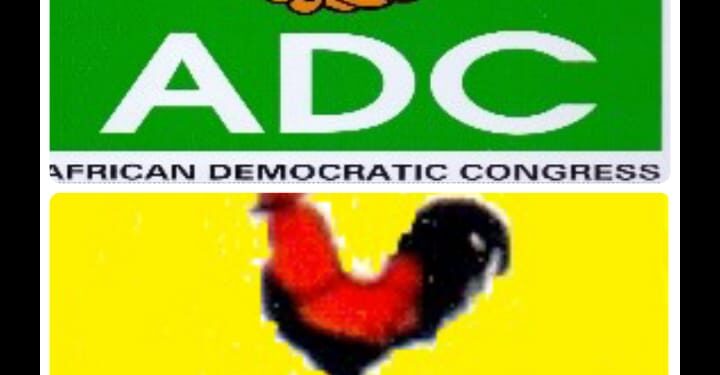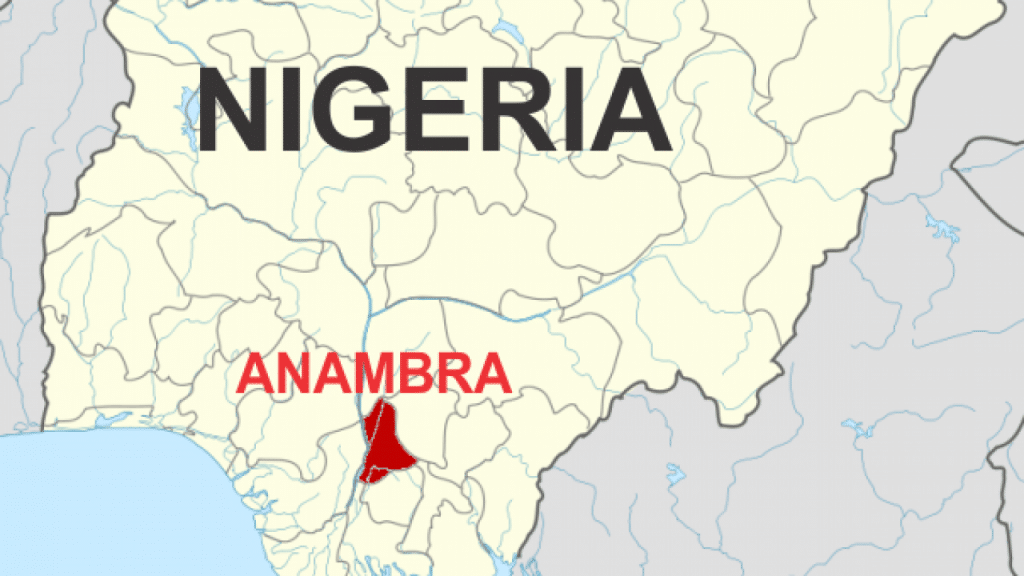The contest for the Onitsha North Constituency 1 by-election has intensified, with the ruling All Progressives Grand Alliance (APGA) and coalition partner, the African Democratic Congress (ADC), reportedly resorting to vote buying to gauge and assert their influence.
The by-election, held today, Saturday, has become a vivid demonstration of financial muscle-flexing between APGA and ADC.
In what is shaping up as a “money-for-votes” battle, the election is likely to be decided by which party can offer more monetary incentives to the electorate.
APGA is fighting to install a candidate to replace the late Honorable Justice Azuka, while ADC is rallying behind the late lawmaker’s widow, Mrs. Justina Azuka, to succeed her husband.

Though seemingly a localized electoral contest, the stakes are high. Governor Chukwuma Soludo of Anambra State is keen to assert his political dominance through this election, positioning it as a litmus test ahead of the upcoming governorship election in November.
Conversely, ADC views the by-election as a critical test of the strength of its coalition, especially since one of its prominent leaders, former Vice President Peter Obi,who hails from Anambra has publicly endorsed the widow’s candidacy, lending significant political weight to the campaign.
Reports from Omagba indicate that APGA agents are distributing as much as ₦10,000 per voter, while ADC agents reportedly offer ₦5,000.
A source on the ground, Mr. Ikechukwu Orji, who witnessed these transactions, said, “The election has been peaceful so far, with no incidents of violence. However, in Omagba and Osuma wards, party agents have openly canvassed for votes with cash incentives. APGA is offering ₦10,000 per vote, while ADC pays ₦5,000.”
Another insider, who requested anonymity, revealed that the funds likely originate from Governor Soludo and Peter Obi respectively, suggesting that the individual candidates do not have the financial capacity to sponsor such largesse on their own.
This by-election underscores the entrenched challenges of electoral integrity in Nigeria, where vote buying continues to undermine democratic processes. It also reflects the broader political strategies of major players ahead of more consequential elections, as parties leverage both financial and political capital to secure victories.






